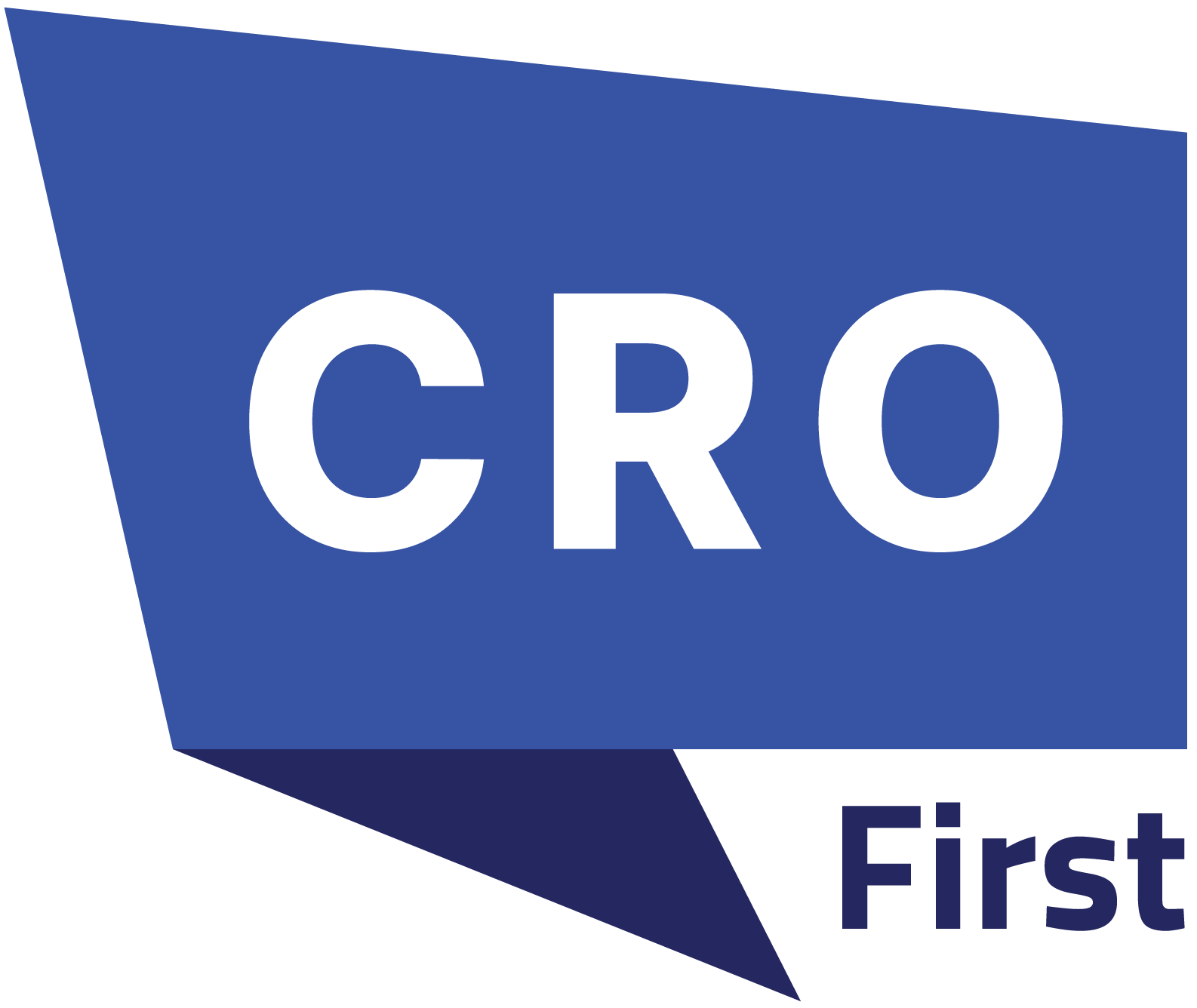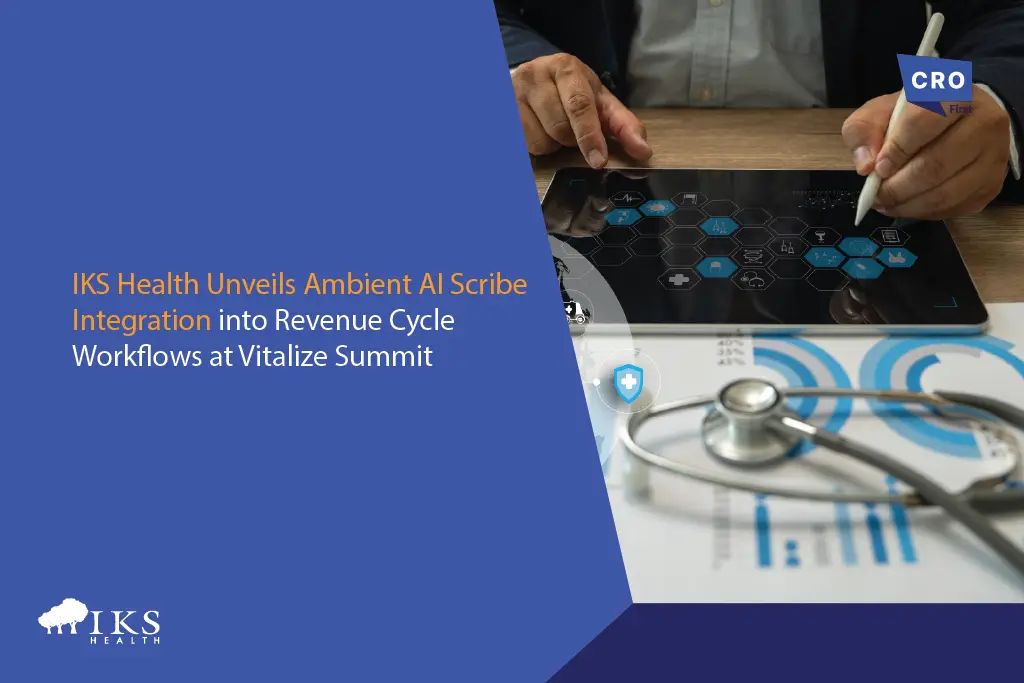IKS Health, a global leader in care enablement, has announced the integration of its ambient AI scribe, Scribble Now, across revenue cycle management (RCM), coding, and clinical documentation workflows. The launch establishes what the company calls the industry’s first connected encounter-to-reimbursement platform, designed to streamline healthcare operations from patient visits through to payment.
“Our care enablement approach to revenue cycle management now employs our AI-driven ambient scribe capabilities, signaling our commitment to a connected workflow that is the future of healthcare,” said Sachin K. Gupta, Founder and Global CEO of IKS Health.
The announcement was made during the Vitalize Health Summit (Sept. 4–7, Scottsdale, Ariz.), which convened healthcare executives and technology leaders to explore modernization strategies and AI-driven innovation. A highlight of the program, the session “The Future Is Connected: Data, AI, and the Next Era of Care,” showcased how IKS is building an agentic care enablement platform on Google Cloud. The platform links pre-visit, visit, and post-visit workflows into a unified system that captures clinical moments and seamlessly converts them into revenue.
Also Read: Aiwyn Acquires QuickFee’s US Payments Business
Key benefits of IKS Health’s integrated workflow include:
-
Patient- and clinician-centric scheduling for greater efficiency.
-
Smarter documentation tools that return valuable time to providers.
-
Automated management of inboxes, documents, and refills, easing administrative burdens.
-
Proactive prior authorization workflows to prevent denials and safeguard revenue.
Gupta emphasized that the innovation lies in using AI alongside human expertise to improve every step of the process. “Using AI with human expertise to augment the full process, not just the first step, provides more time for clinicians to do what they do best – practice medicine,” he said.
By embedding AI directly into RCM and clinical operations, IKS Health aims to help providers improve care delivery, reduce administrative friction, and strengthen financial performance in an increasingly complex healthcare environment.

